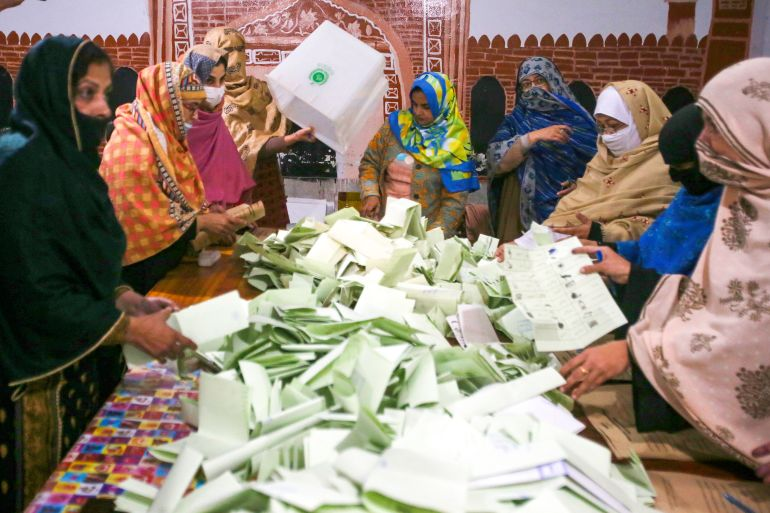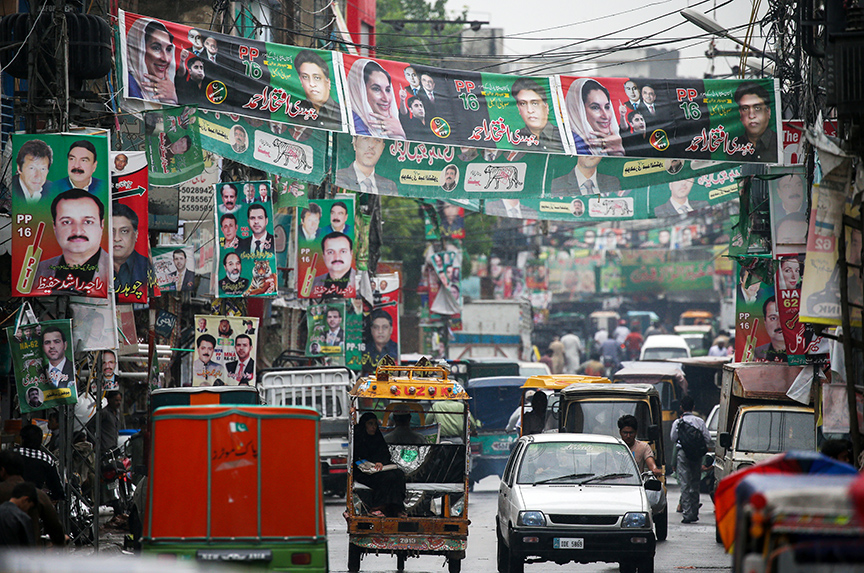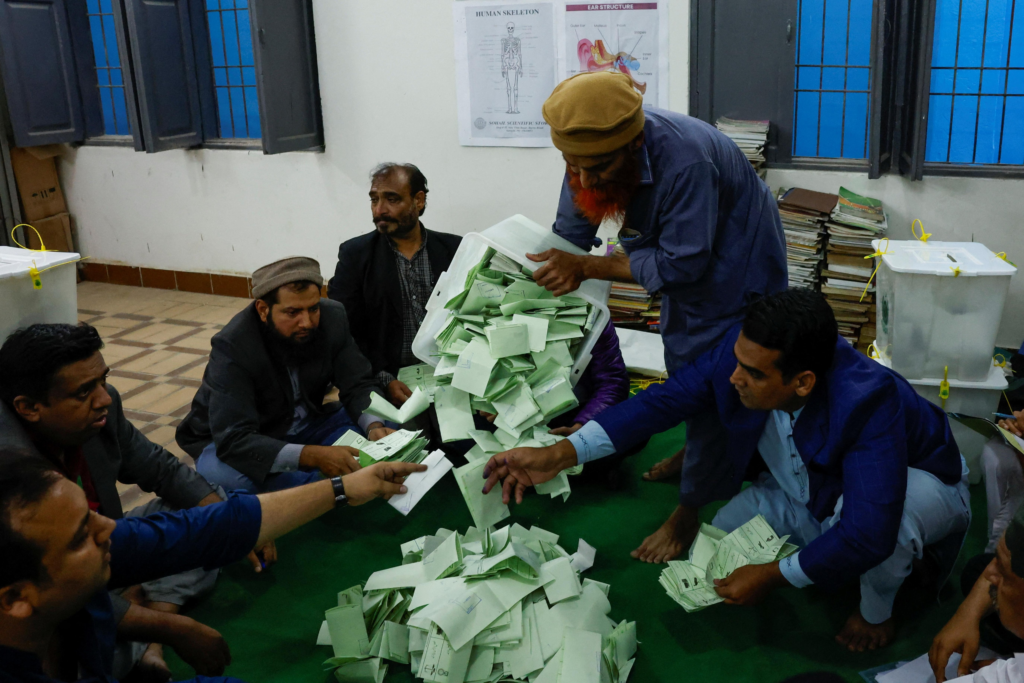Pakistani Elections: A Beacon of Democracy and Change
Introduction: The Power of the People
Elections are the cornerstone of democracy, giving citizens the power to choose their leaders and shape the nation’s future. In Pakistan, elections are not just about voting but a reflection of the people’s aspirations, hopes, and desires for change. From vibrant political rallies to heated debates, election season electrifies the nation. This blog explores the history, process, challenges, and the future of elections in Pakistan, highlighting their significance in strengthening democracy.
1. The Evolution of Elections in Pakistan
Since gaining independence in 1947, Pakistan’s political journey has been dynamic and complex. The first general elections were held in 1970, setting the stage for democratic governance. However, political instability, military coups, and allegations of electoral fraud have often overshadowed democratic progress. Despite these hurdles, Pakistan has witnessed a gradual shift towards democratic consolidation, with the 2018 elections being a testament to political maturity and an engaged electorate.
2. How the Electoral System Works
Pakistan follows a parliamentary system of democracy. The country elects representatives to the National Assembly, Provincial Assemblies, and the Senate. The first-past-the-post system is used, where the candidate with the highest votes wins.
Key Components of the Electoral Process:
- Voter Eligibility and Registration: Citizens aged 18 and above are eligible to vote. The Election Commission of Pakistan (ECP) manages the voter registration process.
- Candidate Nomination: Political parties and independent candidates submit nomination papers.
- Election Campaigns: Political parties campaign extensively to influence voters, utilizing traditional and digital media platforms.
- Polling and Voting: On election day, voters cast their ballots at polling stations under the supervision of the ECP.
- Counting and Results: Votes are counted, and the results are announced by the ECP.
3. Major Political Parties and Their Influence
Pakistan’s political arena is dominated by several key players, including:
- Pakistan Tehreek-e-Insaf (PTI): Founded by Imran Khan, emphasizing anti-corruption and governance reform.
- Pakistan Muslim League (Nawaz) – PML(N): Known for its focus on infrastructure development and economic growth.
- Pakistan Peoples Party (PPP): Founded by Zulfikar Ali Bhutto, advocating for social democracy and people’s empowerment.
- Regional Parties: Influence in provincial politics, including MQM in Sindh and ANP in Khyber Pakhtunkhwa.
Political alliances, shifting loyalties, and dynamic electoral campaigns make Pakistani elections highly competitive and unpredictable.
4. Challenges Facing the Electoral System
While elections are a democratic exercise, several challenges persist:
- Electoral Fraud and Rigging Allegations: Claims of rigging undermine the credibility of election outcomes.
- Security Concerns: Political violence and security threats impact voter turnout and campaign activities.
- Gender Disparities in Voting: Cultural barriers restrict women’s participation in the electoral process.
- Misinformation and Fake News: Social media is increasingly used to spread disinformation, influencing public opinion.
- Administrative Challenges: Issues related to voter registration, polling station accessibility, and result transparency.
Addressing these challenges is crucial to ensure free, fair, and transparent elections.
5. Impact on Governance and Policy Making
Elections significantly influence governance, policymaking, and public service delivery. Elected representatives shape national policies, economic strategies, and international relations. Additionally, elections:
- Promote Accountability: Elected officials are accountable to the voters, promoting transparency.
- Reflect Public Sentiment: Elections act as a feedback mechanism, reflecting public satisfaction or discontent.
- Drive Policy Change: Election manifestos and campaign promises influence legislative agendas.
The outcome of elections also impacts social dynamics, including issues of inclusivity, minority rights, and regional development.
6. The Digital Revolution in Pakistani Elections
The digital age has transformed election campaigns in Pakistan. Social media platforms like Facebook, Twitter, and Instagram are powerful tools for political communication. Digital campaigns are used for:
- Engagement and Mobilization: Reaching young voters and mobilizing grassroots support.
- Influencing Public Opinion: Political narratives are shaped through social media influencers and digital advertisements.
- Real-Time Updates: Live updates on campaigns, rallies, and election results.
However, the rise of digital platforms also brings challenges, including misinformation, fake news, and cyber threats.
7. The Future of Elections in Pakistan
As democracy matures, Pakistan is exploring electoral reforms, including:
- Electronic Voting Machines (EVMs): To enhance transparency and efficiency.
- Biometric Verification Systems: To prevent identity fraud and ensure credible voter authentication.
- Increased Participation: Focus on engaging women, youth, and minorities.
For Pakistan to strengthen its democratic fabric, continuous reforms, political stability, and public trust are essential.
Conclusion: Democracy in Action
Elections are more than a political exercise; they are a reflection of the people’s voice and a driver of change. In Pakistan, elections symbolize hope, progress, and democratic empowerment. Despite challenges, Pakistan’s journey towards a robust democratic system continues, marked by active citizen participation and political dynamism.
Your Vote Matters!
As a citizen, your vote is your voice. It shapes the future of the nation. Stay informed, participate actively, and contribute to a stronger democracy.
Call to Action
Get Ready for the Next Elections!
- Register to Vote: Ensure your name is on the voter list.
- Stay Informed: Follow credible news sources and verify information.
- Engage in Discussions: Encourage constructive political debates in your community.
Together, let’s make a difference and build a prosperous, democratic Pakistan!
This blog captures the complexities, dynamics, and significance of elections in Pakistan. If you want any adjustments, images, or additional sections, let me know!



